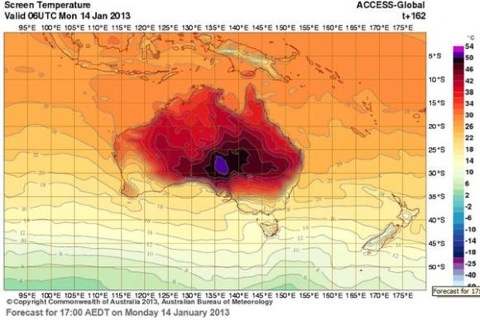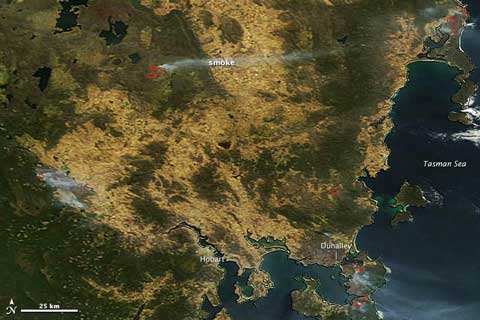 Saturday’s New Zealand Herald carried an astonishing editorial on climate change — remarkable enough to prompt me to tweet that it was “crass, complacent and so very wrong“, despite it being ostensibly in support of action on climate change. The piece begins by riffing on the wildfires in Australia, before observing:
Saturday’s New Zealand Herald carried an astonishing editorial on climate change — remarkable enough to prompt me to tweet that it was “crass, complacent and so very wrong“, despite it being ostensibly in support of action on climate change. The piece begins by riffing on the wildfires in Australia, before observing:
With Australia having its two hottest days on record this week, and New Zealand enjoying a hot summer, it feels like climate change has arrived. But most scientists are wary about attributing any particular weather to global warming. To cite this summer as evidence would enable sceptics to recall last January’s washout.
“Most scientists” are being anything but wary about discussing the link between the Aussie heatwave and climate change. Australia’s Climate Commission released a special report on the heatwave at the end of last week. Here are the first three “key points” from the report:
- The length, extent and severity of the current Australian heatwave is unprecedented in the measurement record.
- Although Australia has always had heatwaves, hot days and bushfires, climate change is increasing the risk of more frequent and longer heatwaves and more extreme hot days, as well as exacerbating bushfire conditions.
- Climate change has contributed to making the current extreme heat conditions and bushfires worse.
Straightforward enough, you might think. Climate change is making the heat and fires worse. But if the Herald editorial writer might be forgiven for missing a major report from the Australian body tasked with informing that nation about the realities of climate change, he or she cannot be forgiven for the astonishing complacency evident in the next few paragraphs.
Continue reading “Climate of complacency: NZ Herald lazy and irresponsible”


